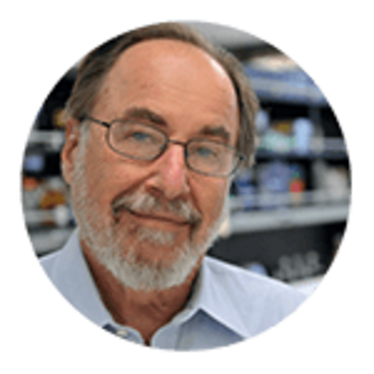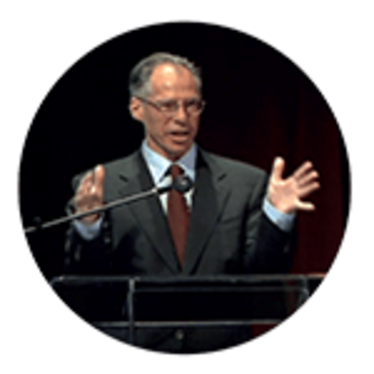
CRISPR Controversy
CRISPR has brought gene editing into the mainstream – but where should we draw the line?
David Baltimore, Jonathan Moreno, John Harris, David Lemberg |
Early last month, the International Summit on Human Gene Editing committee declared that gene editing technology should not be used to modify human embryos that are intended for use in establishing a pregnancy. We spoke with a panel of ethical experts to get their take on the implications of human germline modification.
David Baltimore, Summit Chair, and President Emeritus and Professor of Biology at the California Institute of Technology, USA.

“The discussion was wide ranging but we’re still far away from having a robust, safe and effective protocol for gene-editing in the human germline. Scientists must be cautious, because once you have made a genomic alteration, there is no taking it back.”
Jonathan Moreno, Professor of Medical Ethics and Health Policy, of History and Sociology of Science, and of Philosophy at the University of Pennsylvania, USA.

“When authoritative bodies speak with one voice about a novel ethical issue the science is more likely to progress in an orderly way rather than being discouraged by bureaucratic obstacles. This is particularly true for human gene editing, which raises so many different kinds of issues.
Many countries have already drawn a line around human germline modification, either explicitly or de facto. To endorse it I would have to be convinced that there is no other way to gain as great a benefit. So far my sense is that there are going to be very few such cases.”
John Harris, Professor of Bioethics and Director of the Institute for Science, Ethics and Innovation at the University of Manchester, UK.

“Some have objected to gene editing on the grounds that it constitutes an unacceptable risk to future generations – but reproduction of any kind affects generations down the line. And with eight million children born every year with a serious genetic or partly genetic birth defect, should opponents of gene editing not also oppose sexual reproduction? If we take sexual reproduction as the benchmark for permissible risk of harm to future generations, gene editing would have to be demonstrably more dangerous to justify objections based on transgenerational risk.
Scientists calling for caution should remember that therapy delayed is therapy denied. We cannot avoid making decisions for future generations – the moral imperative here is to make the right decisions.”
David Lemberg, consulting bioethicist based in San Diego and Associate Faculty Professor in the Department of Community Health, School of Health and Human Services, National University, USA.

“The very phrase “human gene editing” represents an egregious category error. Just as the human brain is not a tricked-out computer, the human genome is most emphatically not a massive word-processing document. But it seems as if everyone has drunk this particular Kool-Aid, compelled in their hubris to believe that human ingenuity can do better than life, as such, has done over the billions of years of evolutionary time. But if admonitions of restraint are deemed quaintly old-fashioned and consequently irrelevant, guidelines for human gene editing are critical.
The human genome represents the blueprint for a deeply complex adaptive system. These systems are sensitively dependent on initial conditions, and any perturbation necessarily leads to unpredictable global effects. Any base pair sequencing alteration caused by a CRISPR-Cas9 editing construct will create unanticipated, possibly cascading changes in the functioning of that organism. The consequences are incalculable and could be severely damaging – not only to the individual but to the species as a whole – if manipulation of the human germline is permitted. The precautionary principle is applicable; that is, the burden of proof that these methods are not harmful must be undertaken by those promoting gene editing. The strictest guidelines are required. The best guideline would be to ban all so-called human gene editing, at least until such time as the potential harms have been thoroughly investigated.”
Summit Chair, and President Emeritus and Professor of Biology at the California Institute of Technology, USA.
Professor of Medical Ethics and Health Policy, of History and Sociology of Science, and of Philosophy at the University of Pennsylvania, USA.
Professor of Bioethics and Director of the Institute for Science, Ethics and Innovation at the University of Manchester, UK.
Consulting Bioethicist based in San Diego and Associate Faculty Professor in the Department of Community Health, School of Health and Human Services, National University, USA.















